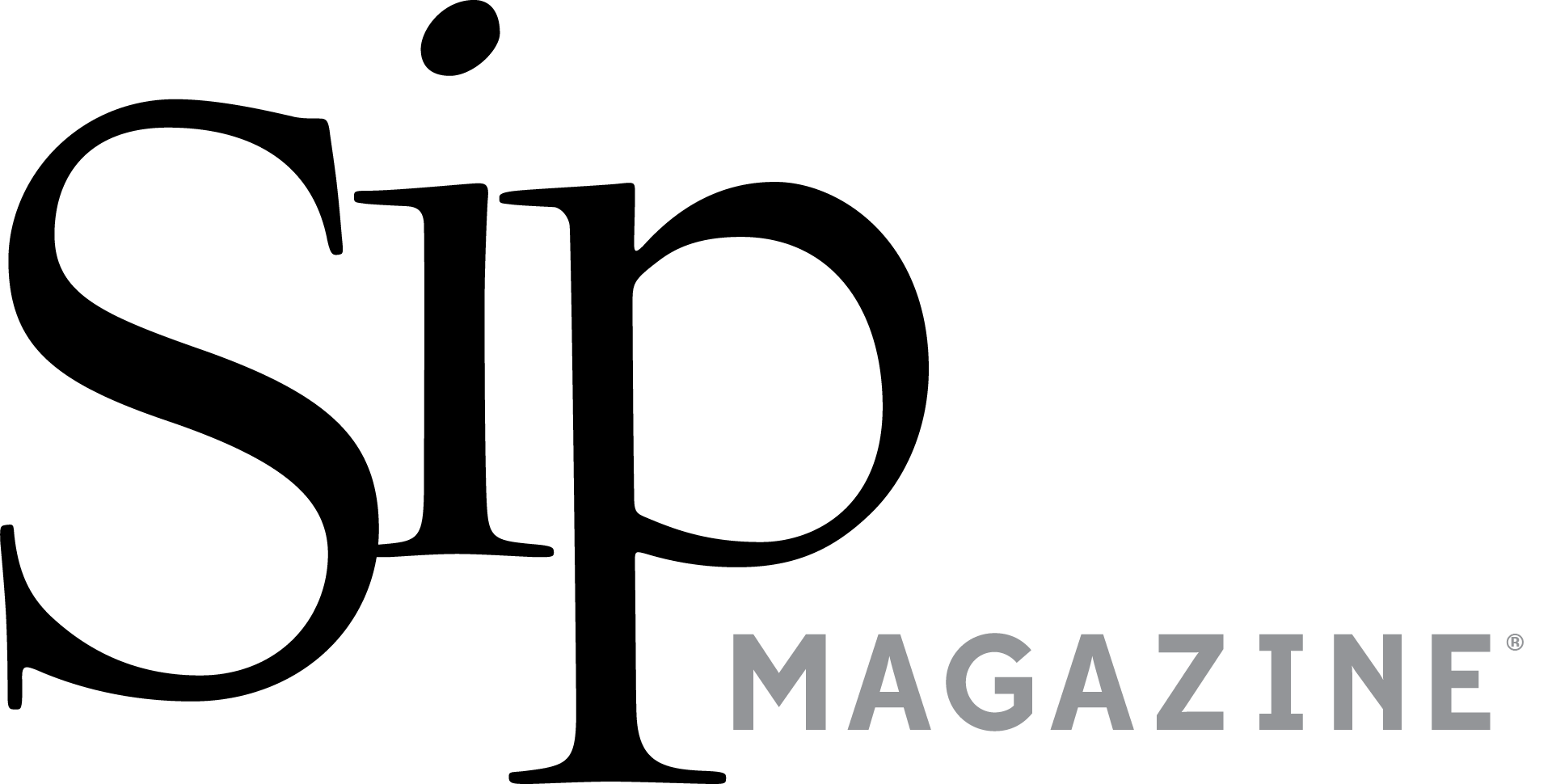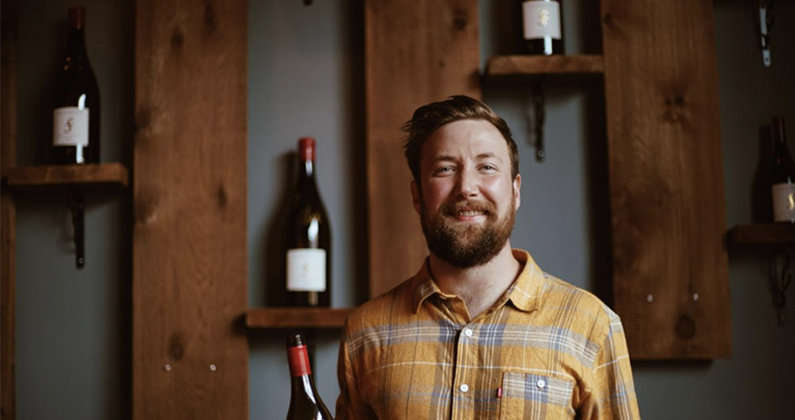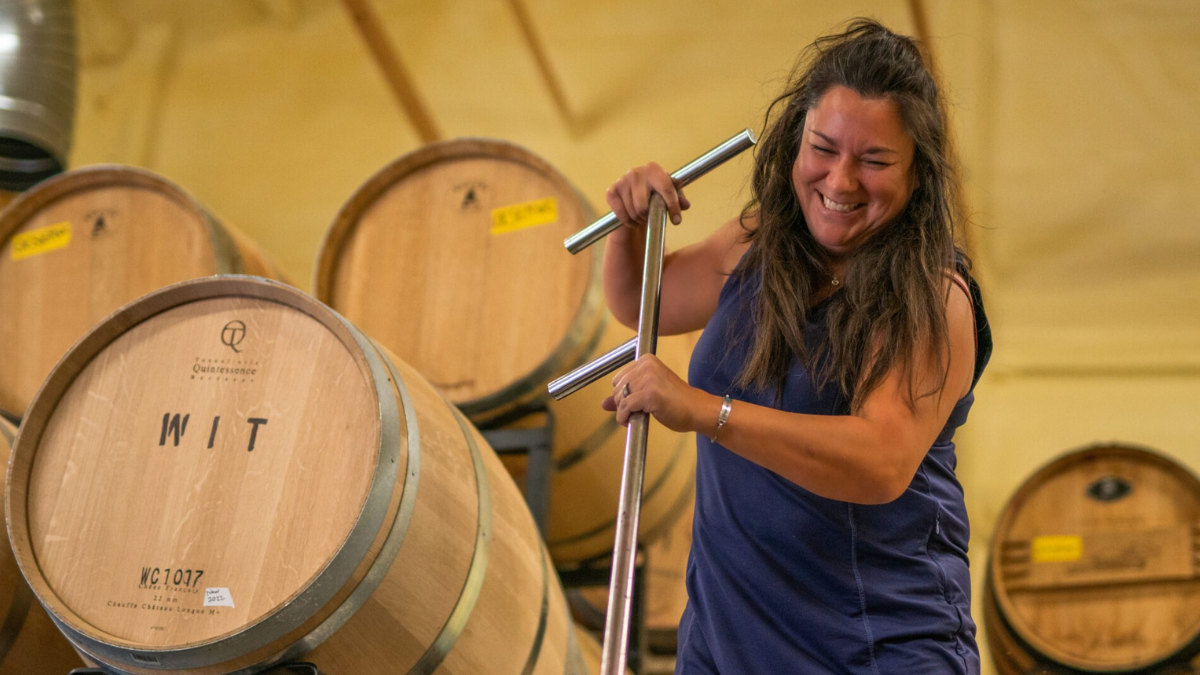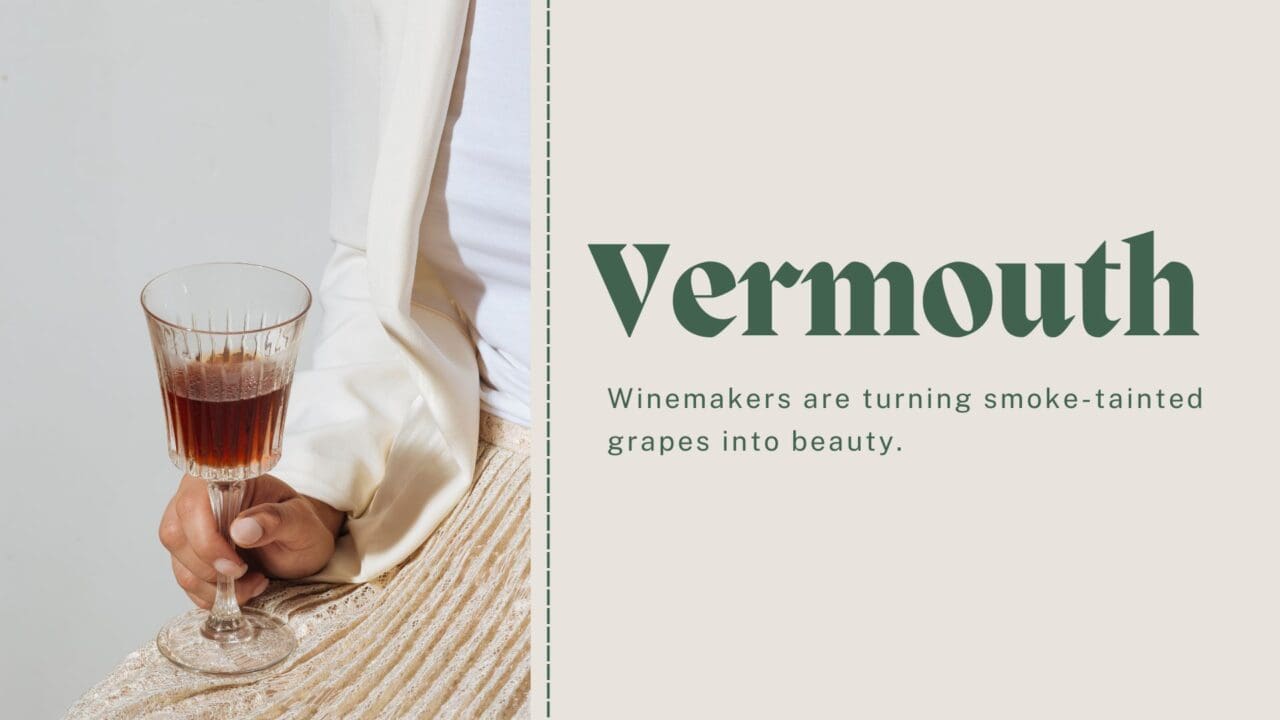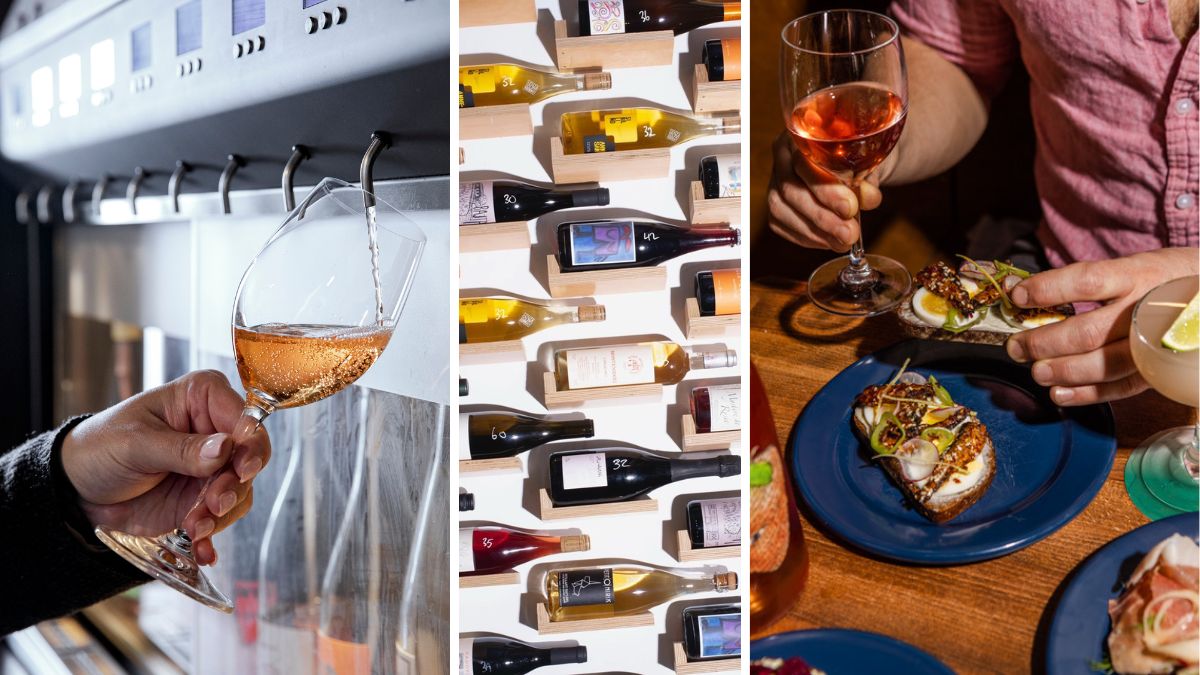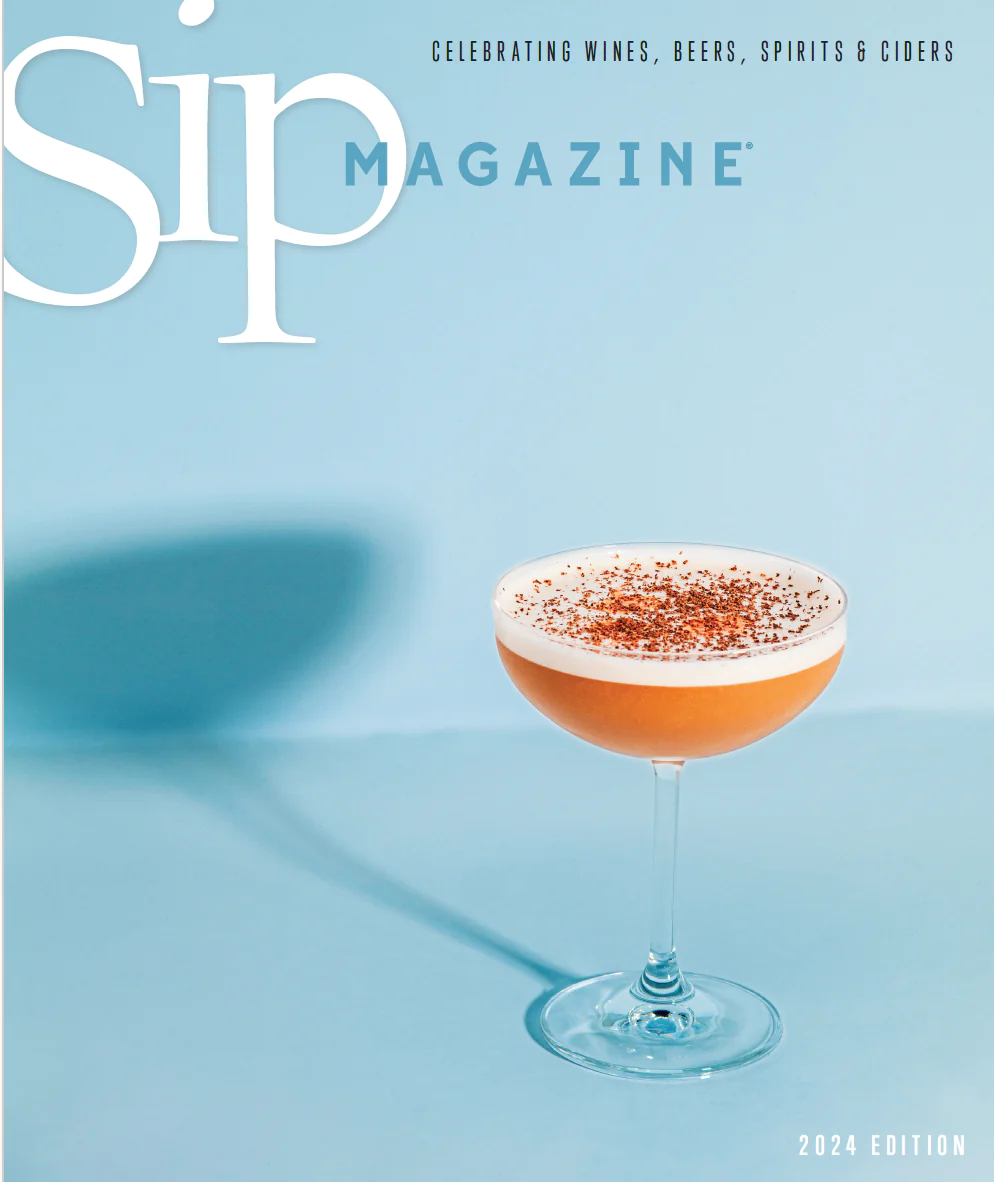The Fullerton family of Portland’s Fullerton Wines believes that great wine speaks profoundly; it’s a universal language transcending any one culture. And as a family that speaks many languages, it’s no surprise that wine has become a favorite language to connect, speak and share with others.
After Alex Fullerton graduated from the University of Oregon in 2010 with an economics degree, he and his father Eric were tasting wine at Penner-Ash Wine Cellars. A conversation about homebrewing and the process of fermentation ensued, which led to another conversation about Alex Fullerton making wine.
He got his feet wet as an intern and later a cellar hand at Penner-Ash. Passion ignited and Fullerton then went to New Zealand to work at the now-defunct Drylands Winery in Marlborough, returning to Oregon more determined than ever to learn more about growing and production. He worked another harvest at Penner-Ash, then at Bergström Wines before Fullerton Wines was born in in 2011 in a garage with just a few barrels of Pinot Noir.
Fullerton eventually took the reins as head winemaker for Fullerton Wines crafting Burgundian varietals of Pinot Noir and Chardonnay. Here, he talks about what it’s like being one of the youngest winemakers in the Willamette Valley, his Danish roots and his family’s vision for their winery.
1) What’s your experience been like being one of the younger winemakers in the Willamette Valley?
I have been very lucky to have had some amazing work experiences and wonderful mentors who have taken the time to teach and explain, as well as listen and respond thoughtfully to my thousands of questions — without getting [too] annoyed at me. I am extremely privileged to be part of the Oregon wine industry, where everyone is so cooperative and open with each other. My lack of experience early on was clear with our first few wines produced, but thanks to the generosity and knowledge sharing in the Willamette Valley, I have been lucky enough to be able to tap into decades of other people’s experience.
I am still proving myself to myself every day and will continue to be my own harshest critic, but it is thanks to the community here that I have been able to grow and learn at the speed I have. If you want a hundred different answers, ask fifty different winemakers. The tough part has not been gaining acceptance, it has almost been too much acceptance and access to so much knowledge and information that it is tough to sift through to find the takeaways that are right for our winemaking style.
2) How did you and your family get started making wine less than a decade ago?
With me, wine started as symbol for family and togetherness. As a young kid in Denmark, wine was something that was often on the dinner table, something I saw my family talk and connect about, something I grew to feel was an integral part of a complete meal. Being allowed to smell and have small tastes as I grew older, I started developing a strong interest in wine.
When I graduated high school, I was fortunate enough that my dad took me on a trip to Champagne, Burgundy and the Loire Valley. He taught me how to taste but completely forgot to tell me to stay clear of all of the winemakers. Unbeknownst to me, the winemakers of Burgundy carry a highly contagious condition known in America as “the Wine Bug.” Low and behold, I had way too much contact with the contagious winemakers and ended up catching the bug myself.
When I got back to the states, my love of wine was there, and it never stopped growing. After losing my fake ID sophomore year of college I learned that you could buy all of the ingredients to brew beer without being 21, so mutual friends and I started brewing like crazy and ended up with a miniature version of a professional brewery. My heart, however, was always in wine, so as I was graduating with a degree in economics, I ended up finding a job working at a winery. I immediately fell in love and never looked back. I was privileged enough to have the opportunity to start a winery contingent on me going back to school for growing grapes and making wine. We have been learning by doing for the past eight years now.
3) What was the vision for your wine bar in the NW Portland, and do you have or have plans for an onsite winery tasting room?
The idea behind the wine bar in NW Portland is to bring wine country to you, but it’s also return to our roots. I live in Portland and when we first started out, we rented space at a winery in Portland. It is the city that I love the most in this world and we are excited to be a part of the Portland community. We do plan to one day soon develop a larger estate vineyard than the small one we have and build a winery, but I think we will always have our cozy and convenient spot in NW Portland.
4) How did your current version of rosé come to be?
The story is that in our first year making wine, because of our love for drinking it, we really wanted to make rosé. We were, however, deeply divided on how we should make it. I wanted to make a modern, whole cluster-pressed rosé — pale, floral and elegant — while then leaving the wine on lees to develop mouthfeel. My dad wanted to build mouthfeel by doing a [more traditional, French approach], which is completely out of vogue. We were so divided that we almost didn’t make a rosé but decided to have a competition to see who’s was best. After talking a lot of crap, I finally had to drink my own words as my dad’s was much better than I thought it would be. The blend between the two however was much better than either one alone. We now purposefully make the two separate styles and blend them at the end.
